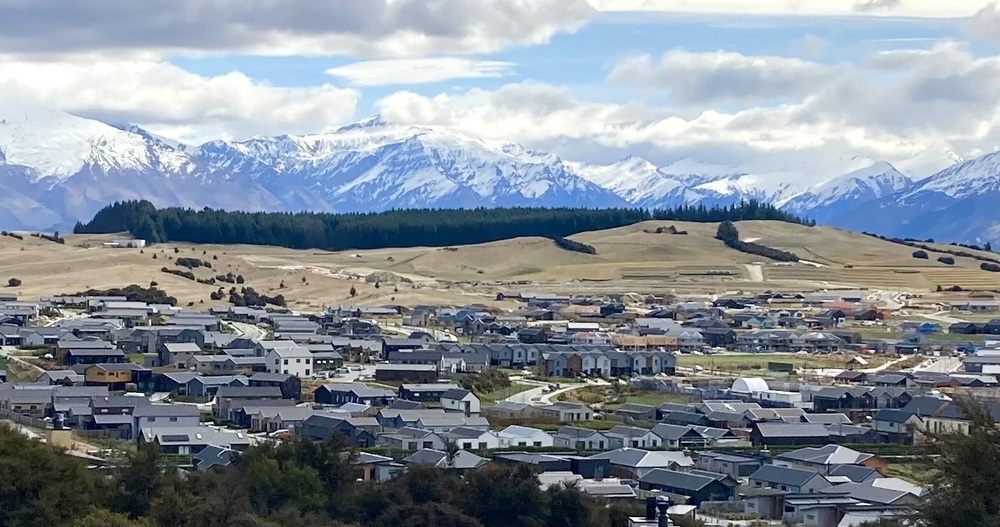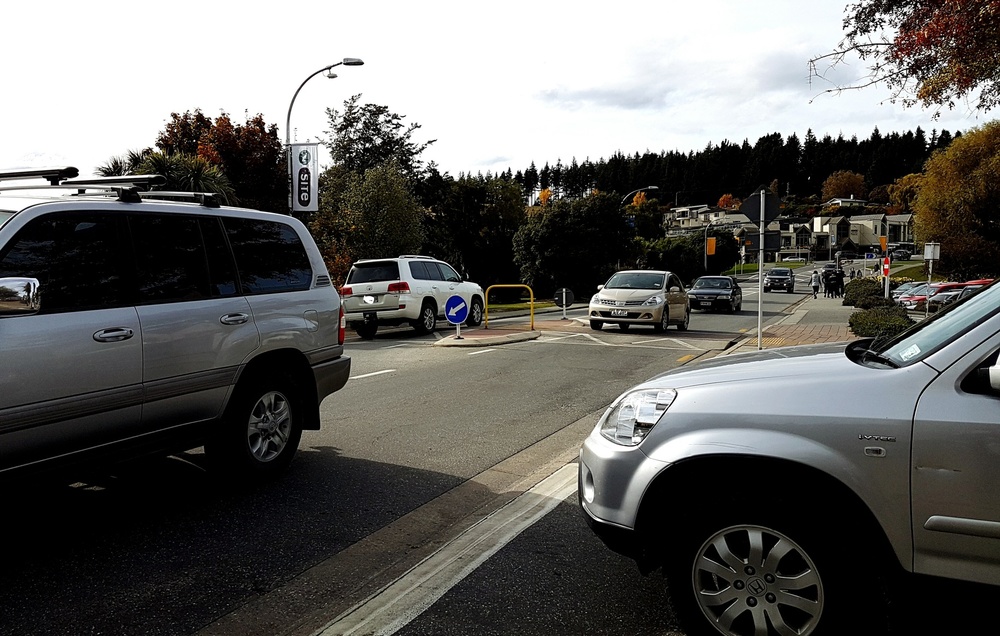Testing mayoral candidates on the Upper Clutha
Sue Wards, Editor
14 September 2022, 8:20 PM
 There are six mayoral candidates: Top L-R Glyn Lewers, Neeta Shetty, Jon Mitchell. Bottom L-R Daniel Shand, Olivia Wensley, Al Angus. PHOTOS: Supplied
There are six mayoral candidates: Top L-R Glyn Lewers, Neeta Shetty, Jon Mitchell. Bottom L-R Daniel Shand, Olivia Wensley, Al Angus. PHOTOS: Supplied What do the six candidates vying to become mayor of our district really know about the Upper Clutha?
The Wānaka App asked Al Angus, Glyn Lewers, Jon Mitchell, Daniel Shand, Neeta Shetty, and Olivia Wensley, who all want to be mayor of the Queenstown Lakes District Council (QLDC), four questions about this area, covering challenges, infrastructure, the future of local airports, and other issues facing the area.
Here are their answers to the first two questions.
What challenges facing the district do you consider to be the top priorities over the next five years?
Jon said Queenstown Lakes is facing five crises: community trust; Covid and the response to it; a looming council financial crisis (about to be made worse by $200M of leaky building claim debt); government reform; and the potential return to mass over-tourism growth.
But that wasn’t all: he said his top priorities are also: QLDC’s community credibility and trust restored, council’s budget fits communities' ability to pay (including a plan to manage the leaky building debt); well-connected, supported, and thriving communities; a diverse economy transitioned to be sustainable and resilient; affordable housing and public transport fast-tracked; council control of our airports restored; and Three Waters within local control.

Candidates identified a range of challenges facing the Upper Clutha. PHOTO: Wānaka App
Olivia believes there is “a huge challenge” to reshape the region's future and move away from being overly reliant on one industry. Her top priorities were addressing affordable housing, and diversifying the economy to have higher productivity jobs in a wide range of industries.
Glyn said the initial priorities will be planning for and developing “the action and finance” for the recreational opportunities for Mt Iron, and progressing the community’s aspirations for Wānaka Airport.
And council must not take its focus away from climate change, he said. “It is now part of every decision we make as a council. My view is that over the next three years we must look to make measurable reductions in our emissions”.
Neeta’s top priorities were transport and roading, the biggest challenges from “our exponential growth”.
“We must have a multi-layered approach in resolving our transport woes. With our focus on growing tourism and development, we did not factor in our infrastructure. We must invest in clean vehicle infrastructure. We must invest in public transport, not as an alternative means of transport; but a purposefully built primary means of transport - that is reliable, accessible and resilient.
“We need to look more into how our infrastructure system can support more housing and reverse some of the problems. Our planning needs to focus on facilitating our exponential growth and infrastructure. Encouragement of better land use strategies that focus on self-reliant communities with access to high quality and sustainable living. Development of high-density areas and town centres. Not encroaching on green fields for further development as this is not a prudent way of managing our inevitable growth.”
Al said regulating tourism and managing housing expansion were his priorities, as well as “building waterproof structures, not this cut price ‘pump and dump’ crap presently acceptable”.
Daniel Shand said he was concerned about people living in their cars, and said the council has a responsibility to offer support to them.
“I'd like to suggest building hot showers in all freedom camping sites, so people in difficult positions can feel like society is offering them at least some support. We need more public amenities.”
What will the key infrastructure requirements be over the next five years?
Olivia’s response to this question was general: “I'm really keen to invest more in the Upper Clutha in general, I think the 10 year plan doesn't include enough investment for this region. It needs to be proportional to the rates contributed”, although she added that she is passionate about improving cycleways and options for active transport.
Jon had a list of specific infrastructure challenges: “Connecting wastewater networks from smaller communities, such as Lake Hāwea and Cardrona, to Project Pure; Replacing the Albert Town bridge on State Highway 6 with a two-lane bridge that is fit for purpose for the future; Developing Pembroke Park as more of an asset for Upper Clutha communities, and making downtown Wānaka progressively more pedestrian friendly; Investing in effective and efficient public transport for Upper Clutha communities, as well as more affordably connecting the Upper Clutha to Cromwell and Queenstown, now.”

Infrastructure needs identified ranged from public transport to art spaces. PHOTO: Wānaka App
Al’s list was more succinct: “Clean water, efficient sewerage systems and decent medical facilities”.
Glyn said the Upper Clutha has had “a large investment” in hard infrastructure over the past three years and has further investment planned for the next ten years.
“My view is that we have rightly concentrated on getting pipes in the ground and improving the roads, but the focus now needs to change towards social investment. As mayor I will advocate for more investment in spaces required for arts, culture and community, provision for public transport, improved sports facilities and active travel links. These are the areas that over the last three years we have heard loud and clear from the Upper Clutha Community and that is what I aim to deliver.”
Neeta said the QLDC office must “reflect, address and serve Wānaka’s growing region” in line with its economic contribution to the region.
“I would like to see the Wānaka Sports Centre functioning expeditiously and a robust public transport system - including investing in cycle lanes. I would advocate for QLDC to be engaged with Wānaka’s airport issue transparently. Focus on being Wānaka-centric regarding issues of managing growth in Wānaka.”
Daniel said this area needs “more democratic infrastructure”, by creating a public engagement system “that can register where the public stand on particular issues, so that the representatives can more accurately represent the public”.
Read part 2: Testing mayoral candidates on the Upper Clutha: Airports
Related:
Four quick questions for Upper Clutha candidates







